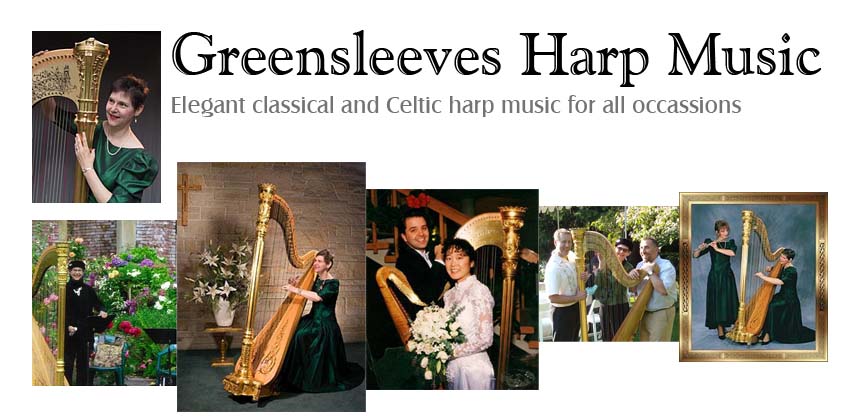It was ten years ago on November 18, 2003, in Goodridge v. Dept of Public Health, Chief Justice Marshall of Massachusetts Supreme court, wrote: Without question, civil marriage enhances the “welfare of the community.” It is a “social institution of the highest importance.” Civil marriage anchors an ordered society by encouraging stable relationships over transient ones.
The benefits accessible only by way of a marriage license are enormous, touching nearly every aspect of life and death. It is undoubtedly for these concrete reasons, as well as for its intimately personal significance, that civil marriage has long been termed a “civil right.” “The freedom to marry has long been recognized as one of the vital personal rights essential to the orderly pursuit of happiness by free men and women.
Without the right to marry-or more properly, the right to choose to marry-one is excluded from the full range of human experience and denied full protection of the laws for one's “avowed commitment to an intimate and lasting human relationship. Whether and whom to marry, how to express sexual intimacy, and whether and how to establish a family - these are among the most basic of every individual's liberty and due process rights. And central to personal freedom and security is the assurance that the laws will apply equally to persons in similar situations.
Civil marriage is at once a deeply personal commitment to another human being and a highly public celebration of the ideals of mutuality, companionship, intimacy, fidelity, and family. Because it fulfils yearnings for security, safe haven, and connection that express our common humanity, civil marriage is an esteemed institution and the decision whether and whom to marry is among life's momentous acts of self-definition.
In a real sense, there are three partners to every civil marriage: two willing spouses and an approving State. “Marriage is not a mere contract between two parties but a legal status from which certain rights and obligations arise.” Upon entering marriage, the parties “assume new relations to each other and to the State. Marriage bestows enormous private and social advantages on those who choose to marry.
Mary and Karen, today here in Washington State you have been fully emancipated and are no longer denied this precious civil right.
The Officient read from the Mass. Supreme Court Ruling of Judge Margaret Marshall from 2003. I've included a part of it here, as it was so very moving!



No comments:
Post a Comment